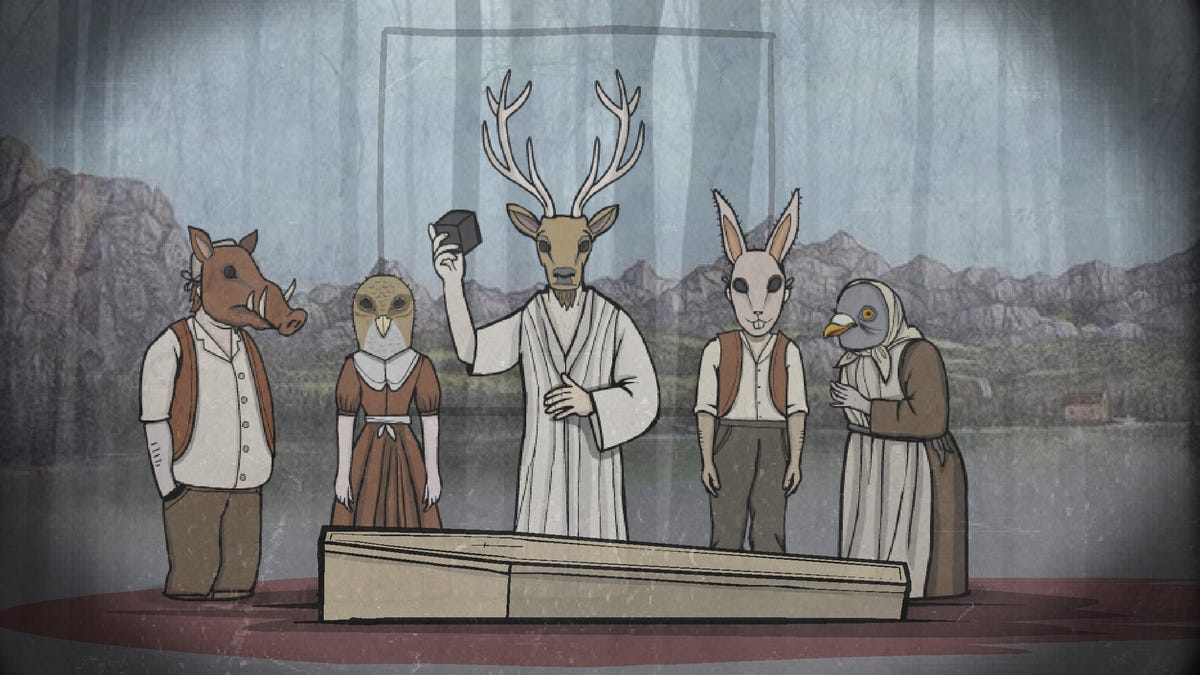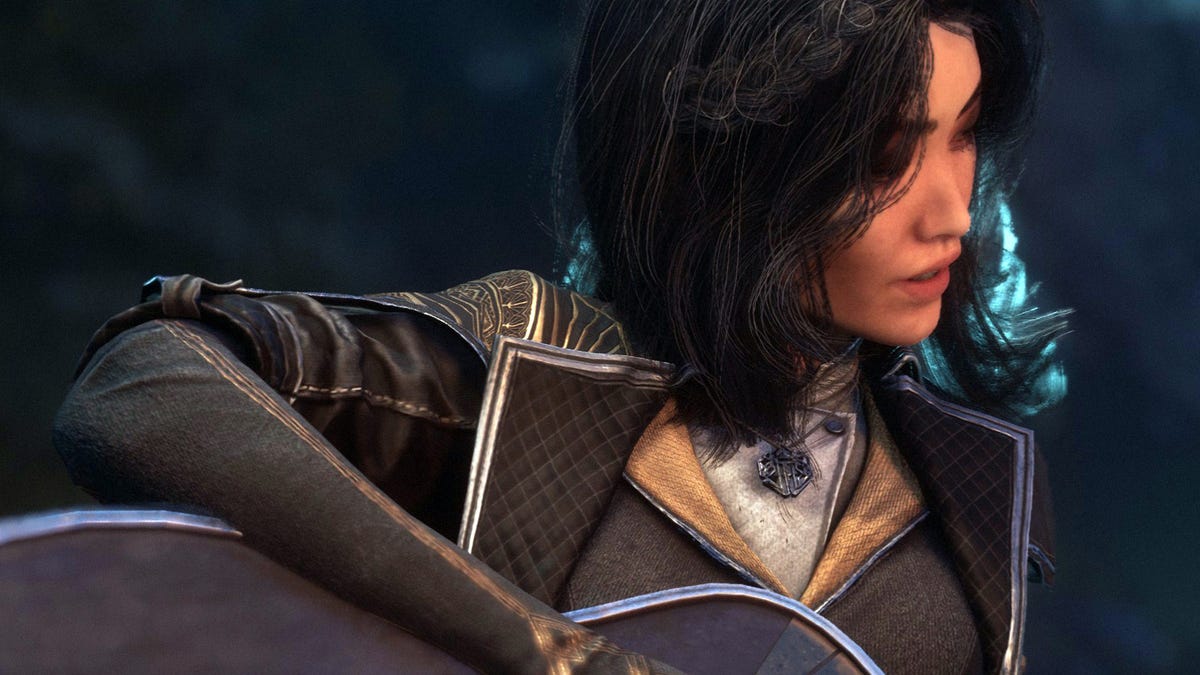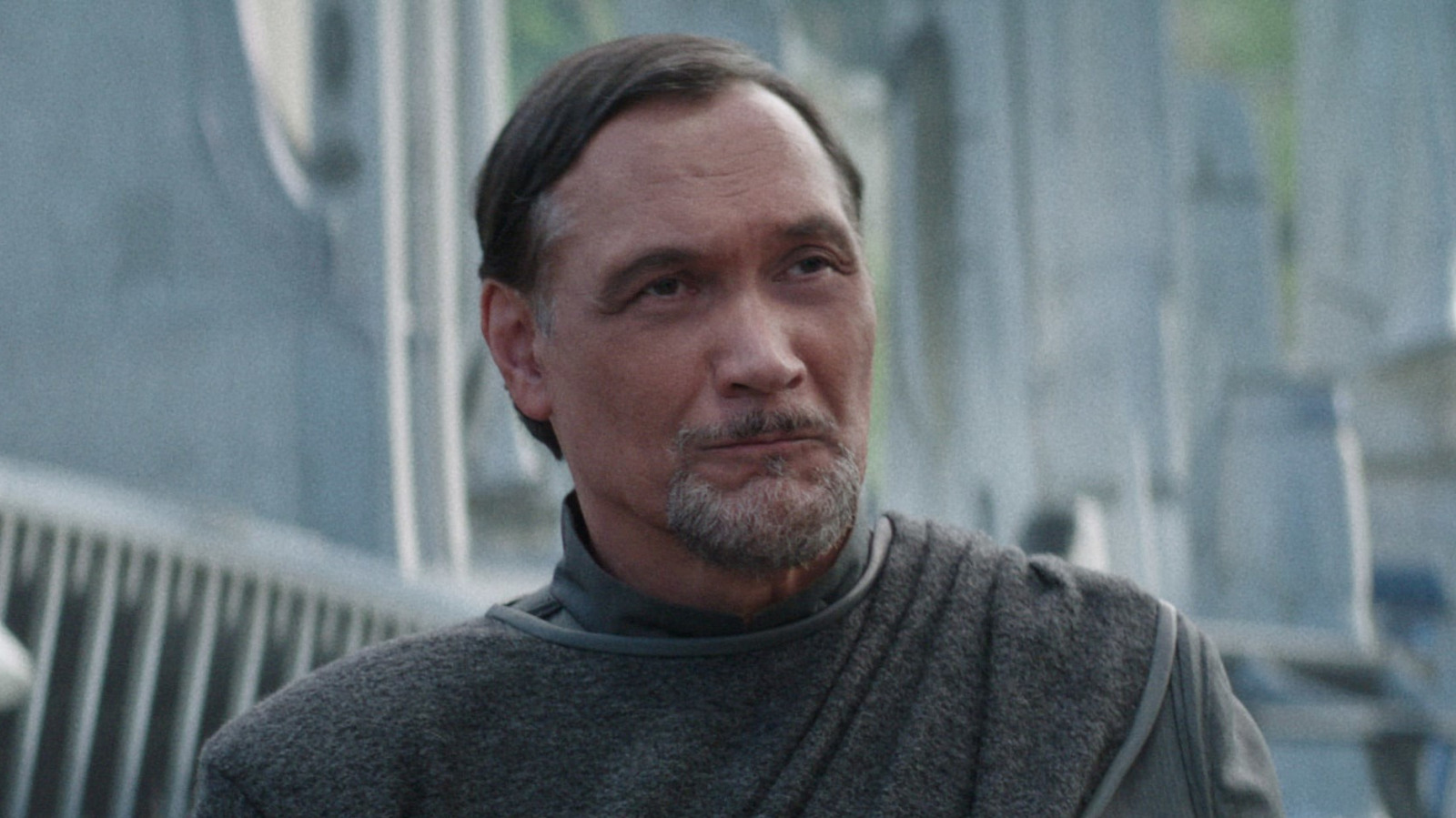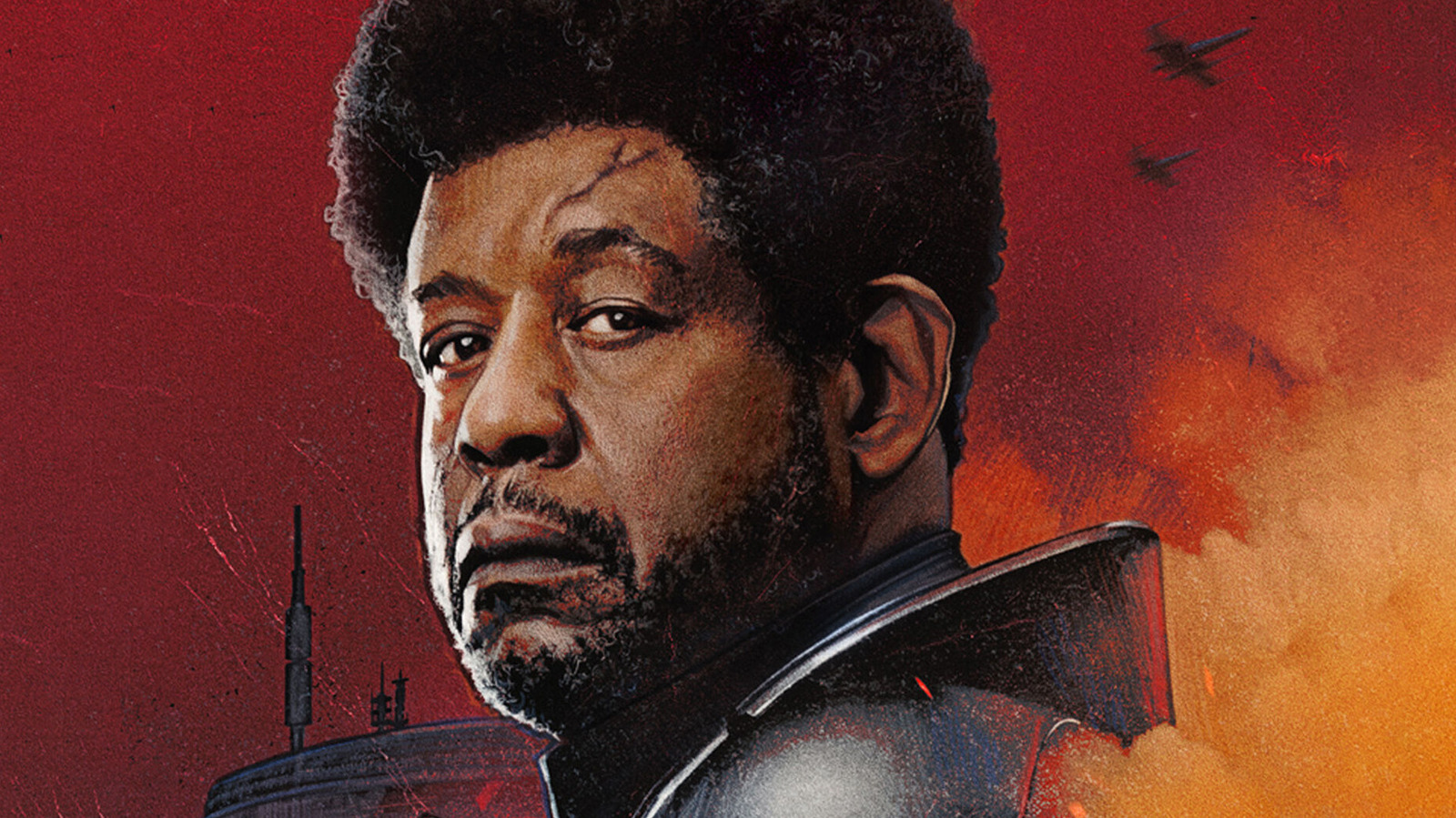Celebrating a Decade of Mystery: The Enigmatic World of Rusty Lake

The captivating journey of the Rusty Lake video game series began back in April 2015 with the simultaneous release of two mobile games, Cube Escape: The Lake and Cube Escape: Seasons. While at first glance, these games seemed to align with the popular trend of both digital and real-world escape room gameswhere players solve intricate puzzles to free themselves from elaborately locked enclosuresthe essence of Rusty Lake quickly revealed itself to be something entirely different. This series has led players into a surreal landscape where escaping is not an option, but rather an invitation to delve deeper into its unsettling narratives.
Fast forward ten years, and the Rusty Lake franchise has expanded dramatically. It now boasts an impressive collection of 18 games, one film, and a tabletop RPG, captivating players as they continue to unravel the complex mysteries surrounding the town of Rusty Lake. The town is populated by a variety of strange and memorable characters, including Mr. Crow and Mr. Owl, all set against a backdrop that includes a Cabin, a Chapel, a Cave, a Mill, the Vanderboom home, and the infamous Hotel. Though players are aware that the lake craves their memoriesoften extracting negative ones in the form of ominous black cubes that transform individuals into Corrupted Soulsthe deeper meanings behind these occurrences remain elusive. One recurring theme that perplexes players is the bizarre and inexplicable obsession with shrimps, further adding to the surreal experience. Just like the films of David Lynch, which have heavily influenced the series, complete and coherent answers often slip just beyond the player's grasp.
Earlier this year, with the tenth anniversary approaching, I decided to revisit every game in the series in chronological order. This journey took me from Cube Escape: The Lake all the way to Underground Blossom and even included the recently released The Mr. Rabbit Magic Show. Although I embarked on this endeavor with the hope of finally piecing together the enigmatic storylines, I must admit that I finished the journey with just as many questions as before. Each game explores themes of troubled families, dark secrets passed down through generations, and the lake's insatiable hunger for memories. However, the reasons behind these bizarre occurrences often fade into irrelevance, overshadowed by the haunting atmosphere and the series' undeniable charm.
On a more technical note, the Rusty Lake games are designed in the modern, touchscreen-driven style characteristic of point-and-click puzzle games. Players traverse various locations, collect items to add to their inventory, and engage with the peculiar characters who inhabit these spaces, all in a quest to solve puzzles that introduce mystical cubes. Yet, unlike the usual predictable outcomes of similar games, a Rusty Lake title might surprise you; for example, using a hammer on a nail could lead to a crack in a wall revealing a fish, which, when utilized correctly, can lead to another character's demise, sending you into a bizarre chamber located within their body. One particularly shocking puzzle even involves slicing off a man's nipple to access a hidden realm behind it.
Despite this clear lean toward the surreal, there exists an underlying order in the Rusty Lake games, providing a sense of internal consistency that, while difficult to grasp completely, enhances the overall experience. The late Mike Fahey eloquently articulated this aspect, highlighting how the series, much like Lynchs Lost Highway, casts a spell over its audience, making them accept the bizarre events as part of a larger reality.
Over the years, Ive noted that Rusty Lake sometimes wears its Lynchian influences a bit too prominently. While a nod to the eerie nature of owls in the series can be appreciated, plastering phrases like THE OWLS ARE NOT WHAT THEY SEEM onto walls felt overly blatant. Nevertheless, the series has developed a plethora of unique themes that recur throughout, contributing to a sense of timelessness across its games, even ones set a century apart.
As we celebrate this decade-long journey, it is heartening to see that the newly released game, The Mr. Rabbit Magic Show, pays tribute to the late filmmaker in an appropriately enigmatic manner. This game focuses on the rabbit-headed character introduced in Rusty Lake Hotel, who holds a central role in the second course of this peculiar dinner.
The gameplay consists of a series of mini-puzzles, framed as a magic show performed by the magician rabbit. Players must arrange objects and colors or successfully spring baby rabbits from a top hat, ensuring they land safely in another hat rather than a gory splat on the floor. While playing, I found myself pondering whether this game truly encapsulated the essence of Rusty Lake, but as the game progressed, it quickly revealed surprises that beckoned further exploration.
The Magic Show feels like a thrilling and fitting homage to the ten years of unsettling gaming experiences, with plenty of clever callbacks to previous installments. One interesting aspect of the game is that it challenges players to consider whether it will be regarded as canon in the overall narrative. Given that Mr. Rabbit has haunted the Lake since 1894 in a far more sinister form, we can assume that this magical performance takes place prior to his arrival at the Hotel, likely before 1893.
Additionally, this new entry allows the developers to embrace their usual playful winks, breaking the fourth wall and drawing attention to the peculiar interplay between the game and players. Even after completing this newest puzzle adventure, I found myself engrossed in tackling some remaining, highly challenging puzzles, determined to uncover every hidden Easter egg scattered throughout.
In conjunction with the game, a new short film titled The Intern has also been released. This ten-minute film humorously showcases the developers as an intern attempts to publish Mr. Rabbit, only to find that the Rusty Lake office is just as filled with strange puzzles as the games themselves.
For those eager to dive into the Rusty Lake universe, the Cube Escape Collection is the perfect starting point. Originally developed in Flash, which is no longer supported, these classic games have been remade using an updated engine and released in a single package. Remarkably, this collection is available for only $5 on Steam and can be downloaded for free on iOS and Android, with reasonably priced in-app purchases to unlock all nine games.
Beyond the Cube Escape series, players can also explore what are known as the Premium Games. These titles are included in Steams Rusty Lake Bundle, which features the Cube Escape Collection and the separately released Cube Escape: Paradox. This latter game is particularly noteworthy, as it consists of two parts complemented by a live-action short film, which can be watched for free via Steam or on YouTube.
Among the premium titles, not all bear the Rusty Lake name, so don't overlook gems like The White Door, a gripping tale of a man trapped in an asylum, and Underground Blossom, the latest full-length game set entirely on a train platform. Another standout is The Past Within, a co-op puzzle game set within the Rusty Lake universe, where each player experiences a completely different version of the game and must collaborate to solve its puzzles. Dont forget to check out the remastered Samsara Room, originally released in 2013 but very much part of the same universe.
As a long-time fan of this series, I continually find myself astonished by how the Dutch developers have managed to innovate within their delightfully bizarre world. I cherish the chilling atmosphere, which, despite the cartoonish nature of the series and its tongue-in-cheek gore, never fails to send shivers down my spine whenever I encounter a Corrupted Soul. The endless questions the series poses, paired with the desire to leave some mysteries unsolved, only adds to its charm. Congratulations, Rusty Lake, on ten remarkable yearsheres to many more hauntingly wonderful games in the future!

























